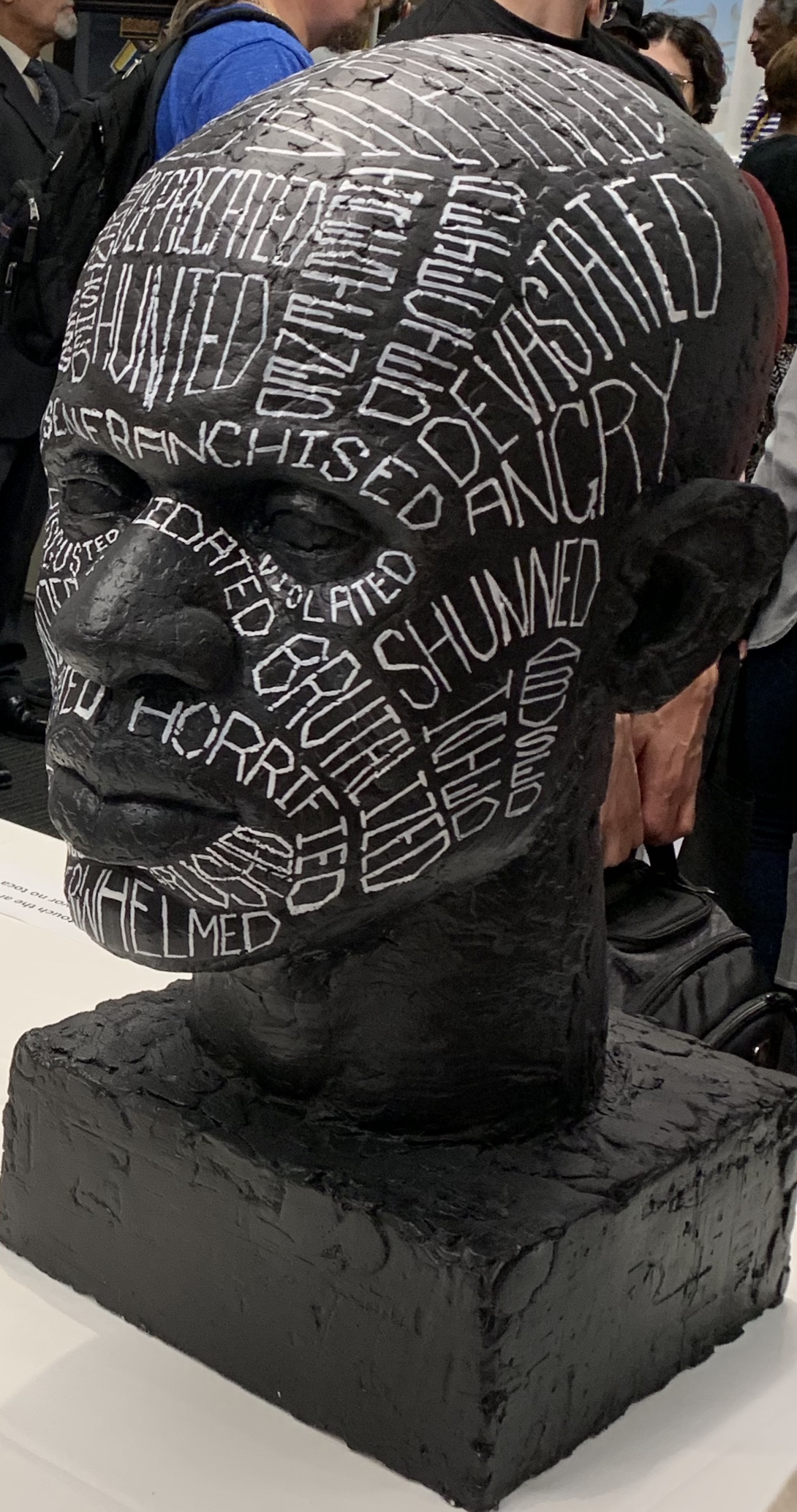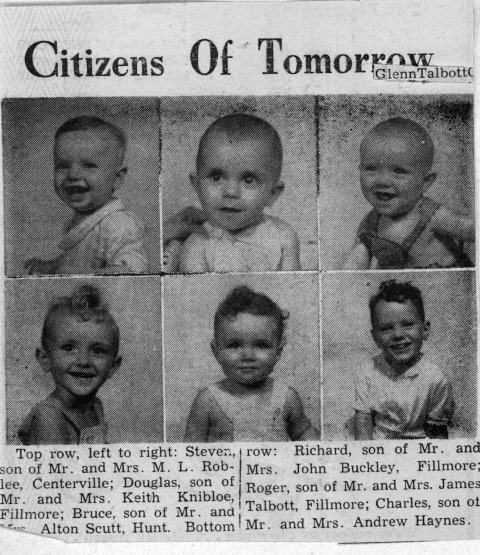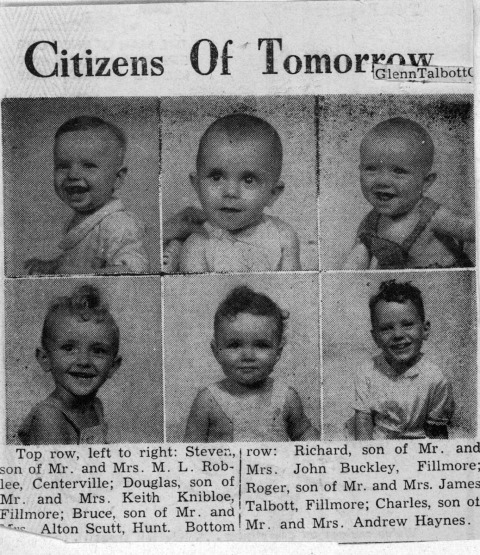In 1996, Bob Dole was running for President against the incumbent, Bill Clinton. It was, like all presidential campaigns, hard fought and, at times, nasty. I mentioned in a sermon that both attended the same church in Washington, D.C. — Foundry United Methodist. I said I thought that was remarkable until I realized that our own congregation included both Frank, whose liberal views were well-known, and Roy, who everyone knew was pretty conservative. That got a big laugh from the congregation, especially from Frank and Roy, who embraced each other and joked about it for years afterward.
This kind of connection across a lot of social, political, and economic barriers was something that made me proud of the church that formed my faith and that I served as a pastor for forty-five years.
But, something has changed. In the past three years, the United Methodist Church, once the largest Protestant denomination in America, has been shrinking like Greenland’s glaciers as congregations break off and, in many cases, join newly-forming Methodist denominations.
The presenting issue is the church’s stance on homosexuality.
As a world-wide denomination, our official rules prohibit ordaining “practicing” homosexuals and marrying same-sex couples. An increasing number of clergy and congregations in the U.S. are critical of, and even defying, these regulations. They argue for an open and affirming acceptance of people in the LGBTQ+ spectrum. This has, of course, led the other side to demand compliance.
Both sides accuse the other of being captured by the culture:
Conservatives see Liberals are replacing scripture with "Woke" ideology.
Liberals say conservatives are ignoring the core command to love God and to love our neighbor by joining in the political Right's scapegoating of LGBTQ+ folks.
Both sides are right, but not for the reasons they think.
The culture we have been captured by is the Culture of the False Binary. It is the culture that believes:
- “If I am right. You must be wrong.”
- ”If I am right about one thing, I must be right about everything.
- And, if you are wrong about one thing, you must be wrong about everything.”
This is not a new phenomenon. The world in which Jesus lived was split between Pharisees, Sadducees, Zealots, and other religious-political groups that believed they were right and everyone else was wrong. They sorted the world into “good people” and “bad people,” Jews and Gentiles, clean and unclean.
The dominant culture has almost always encouraged people to split into these kinds of binaries: heretics and believers, solid citizens and welfare cheats, native born and immigrants, white and not-white, traditionalists and progressives, “Men” and “Women.” It is always easier to win an election or get people to fall in line by pitting “us” against “them.”
In contrast, Jesus gathered people from all those groups into his band of followers. Two of them, Simon the Zealot and Matthew the tax collector, would have made Joe Biden and Donald Trump look like best friends.
The church, at its best, is Roy’s and Frank’s church. It counters fearful division by creating a community that brings “us” and “them” together at the communion table and in service to the world. Now, however, “Traditionalists” want to create a “pure” church and “Progressives” want to be free to welcome everyone.
The split has become personal for me as the first church I was appointed to after I graduated from seminary is going through a process to discern whether they want to stay in the denomination or leave it.
Even after almost fifty years, I still know members of that church. A couple of them have asked if I would write about it. I haven’t wanted to. It breaks my heart. And, I have nothing new to say about the issues that divide us than has already been said.
But, I guess I could share the most important lesson that church taught me in those early years of ministry:
I am not always right.
It was a hard lesson to learn. I had, after all, spent seven years in college and seminary learning to become a pastor by studying psychology, Hebrew, Greek, theology and other subjects that I thought would help. Furthermore, the church I served part-time when I was in seminary had grown big enough to support the full-time pastor that followed me. I was hot stuff.
When I arrived, I could see the things that needed to change, and I began to institute them. Some of them worked. But, to my surprise, not everyone agreed with everything I said or did.
At first, I took this personally. But, over time (perhaps longer than it should have taken) I began to understand that none of us is as wise as all of us. My beautiful ideas got mashed up in Administrative Board meetings and produced solutions that weren’t as elegant, but worked in the real world.
This did not mean that I gave up producing ideas and proposals that I really believed in. It did not mean that I had no convictions. It meant that I learned to hold them with the kind of humility that John Wesley exhibited when he prefaced many of the things he said with the words, “Until I am better instructed, I will believe . . .” These are not words we hear when Republicans and Democrats debate each other, but they are words that I think Methodists should use when we make our assertions.
Back then, I had many of the same convictions about human sexuality that the most conservative Methodists hold today. But, in that church and the five that followed, I met people who did not fit my theological cookie cutter. Their experiences, their love for Jesus, the faithfulness of their commitments, and their spiritual maturity convinced me to reread my Bible and change my mind. That is why I am on the “progressive” side in this argument.
However, I have friends on the other side who have parishioners who were chewed up by a permissive and promiscuous culture. These people found healing in churches that gave them structure and guidelines for their lives.
I do not think my friends have to be wrong for me to be right.
I think it would be more helpful for all of us to first of all ask:
How well do I understand my own sexuality?
How well do I understand my partner’s sexuality?
. . . before we make dogmatic pronouncements about the sexuality of people we have never even met.
We would be much more helpful to each other and to the world around us if we approached this particular subject with humility and compassion instead of self-righteousness.
Right now, that kind of respectful dialogue may be beyond the capabilities of a small-town congregation. It is certainly beyond the capabilities of the larger denomination. So, ultimately it will come down to a vote: “Yes?” Or “No?”
That reminds me of the another lesson I learned in that particular church.
When I was there, the congregation made a huge decision that involved a large amount of money and some big changes. One of the “pillars” of the church was particularly opposed to it. I was firmly on the other side. When the vote came, most people voted for the proposal.
Afterward, that man came to me and said, “You know that I was against this. But, I believe that the majority should rule. My wife and I will support the decision and give to it.” And, they did.
In the next four decades, I lost a lot of votes in the churches I served and on the floor of my denomination’s ruling bodies. Sometimes, those loses were pretty tough, but I remembered his words and I moved on.
I suspect that, in the end, that little church will not go the way I want it to go. But, whatever it decides, I will love it and pray for it.



